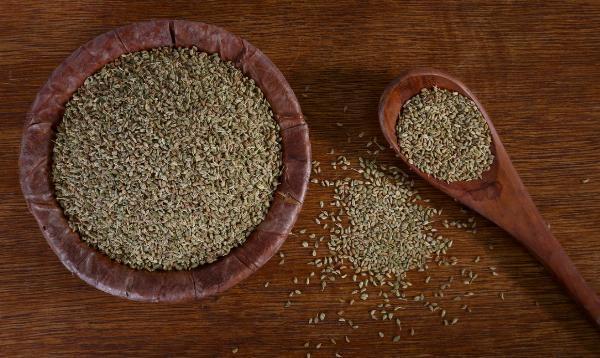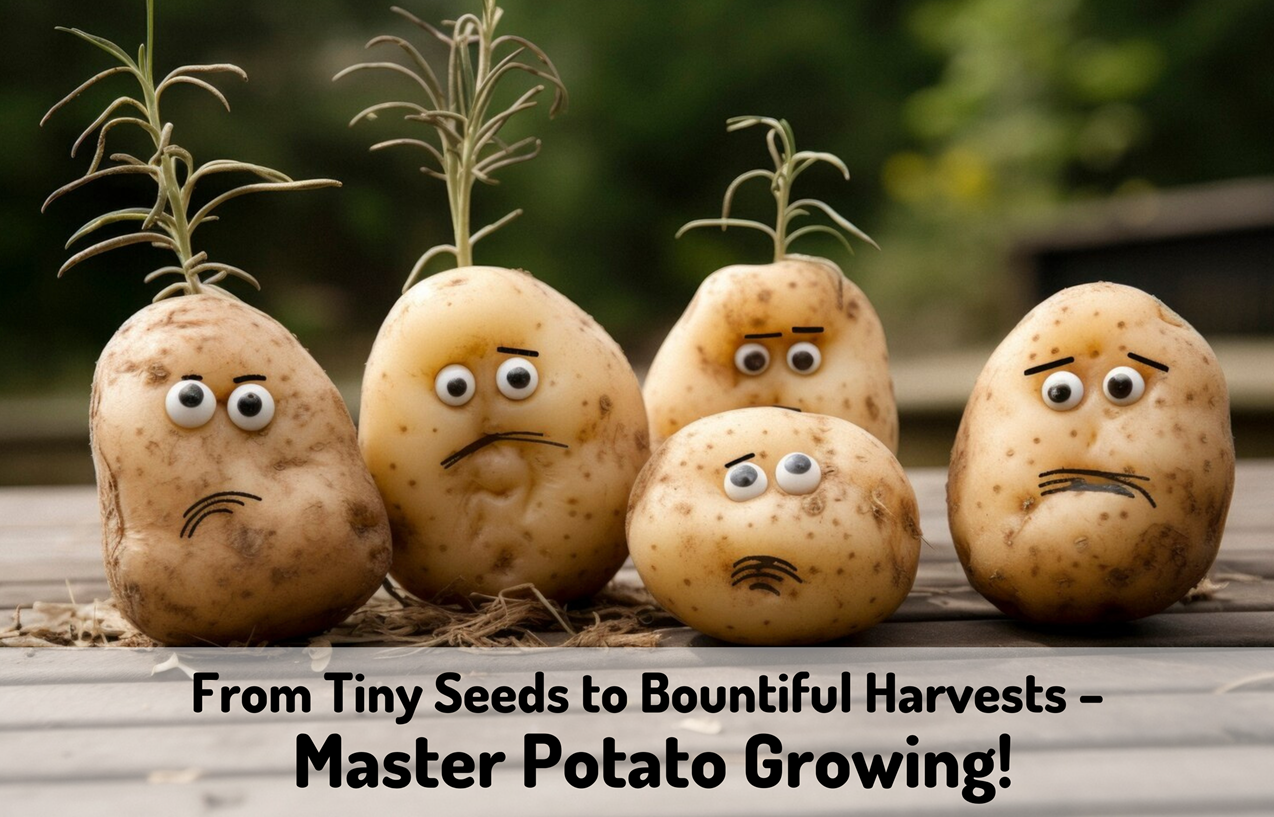 Bulk Content Creation – Scale Without Sacrificing Quality!
Bulk Content Creation – Scale Without Sacrificing Quality!
Guava Farming in India: Cultivation and Market Value
Written by Rajendra » Updated on: June 17th, 2025

Guava farming is one of the most profitable agricultural practices in India. Its high nutrition and constant market demand make it a crop worth undertaking in most states across the country. Overall, good yields require tropical and subtropical climate conditions, different types of suitable soils, and the availability of diverse varieties.
Guava farming may yield significant profits by employing the appropriate techniques and machinery within fields. Moreover, the high-quality fruits are sold to both domestic and foreign markets.
Climatic Requirements for Guava Farming
Guava cultivation is suitable under tropical and subtropical climatic conditions. Most parts of India are ideal for guava farming, and the appropriate temperature for guava growth is between 15°C and 30°C.
Guava's tolerance to high temperatures is excellent, while extreme cold and frost may damage it. It can grow in any type of soil, from sandy to clay. However, it is best grown in loamy soils with good drainage. The best pH range is 6 to 7.5.
Guava tolerates soil salinity and waterlogging up to certain limits. However, continued waterlogging may adversely affect the roots, which may also affect fruit quality.
Pre-sowing preparation of the planting site may include deep ploughing to ensure better aeration and allow the removal of weeds. Farmers using a mini tractor would be very useful to small farmers in the sense that it will be more productive and easy to move on smaller plots.
Varieties of Guava Cultivated in India
There are numerous guava varieties grown in India. It varies in size, flavour, and yield. The popular varieties of guavas are as follows:
Allahabad Safeda: Its pulp is white and sweet to taste. Therefore, it is widely cultivated in northern regions of India.
Lucknow 49 (Sardar Guava): The fruits of this variety contain white pulp. It is relatively large, highly yielding, and perhaps one of the most popular varieties.
Apple Guava:This variety has red pulp. It is highly in demand based on taste and appearance.
Planting and Propagation Techniques
Guavas can propagate with seeds, but commercial farmers prefer propagations that involve air-layering, grafting, and budding to obtain high-quality plants. Swaraj Tractors can prepare the field for planting on behalf of the farmer, ensuring the adequacy of tilling the soils and the removal of weeds.
Steps Taken During Planting
Plant Spacing: The space between two rows should be 6-8 meters, and between two plants should be 5-6 meters so that the plants can receive suitable sunlight exposure and air circulation.
Pit Preparation: Pits of 60x60x60 cm must be dug and filled up with organic manure and soil before planting
Time of Planting: The ideal planting season of guava is during the rainy season because rain enhances good root development.
Watering and Irrigation
Guava is tolerant to some drought. Irrigation may be necessary during plant growth, especially when in bloom and during fruit setting. Avoid overwatering, as the roots will rot, and other diseases could occur. Drip irrigation is the best way to conserve water and ensure a steady moisture supply to the plants for optimal performance.
They should be implemented at regular intervals according to the moisture content in the soil and climatic conditions. Moreover, it should not permit the stagnation of water since the root system of guava trees is sensitive to overwatering.
Fertilization and Pest Management
Proper fertilization is essential for healthy growth and higher yields in the guava plant. Organic manure, along with nitrogen, phosphorus, and potassium (NPK), should be applied regularly for essential nutrients.
Guava is susceptible to fruit flies, aphids, and whiteflies. IPM practices are followed by frequent checking and pheromone traps and neem-based insecticides to control the infestation of pests. Weeding should also be done at regular intervals to decrease the number of pest-breeding areas.
Harvesting and Post-Harvest Management
Guava plants begin fruiting within 2-3 years after planting, and commercial crops are obtained in the fourth year. Guavas take almost 4-5 months after flowering. The ripeness of the fruit can be determined by testing the colour and skin: guava is ready for harvest if it has a sweet odour and turns yellowish-green in colour.
Farmers use Swaraj Tractors to manage their orchard farming activities efficiently. Swaraj is a well-known brand that offers durable, new-technology tractor models.
Market Value and Profitability
Due to its high nutrient content, guava has been steadily increasing in demand in India and other countries. Guavas are rich in Vitamin C, fibre, and antioxidants, making them quite popular among health-conscious customers. The demand for this fruit is healthy in domestic and international markets. One can sell guava directly to wholesalers and retailers or further develop supply chains with supermarkets and processing industries.
Conclusion
Guava farming in India offers a promising opportunity for farmers to diversify crops and address an increasingly growing market. Utilizing modern techniques and advanced equipment like Tractors means that yields can be improved by a significant margin, and labour costs can be reduced. Guava farming is not only profitable but sustainable, too, ensuring long-term benefits for India's agricultural sector.
Note: IndiBlogHub features both user-submitted and editorial content. We do not verify third-party contributions. Read our Disclaimer and Privacy Policyfor details.
Copyright © 2019-2025 IndiBlogHub.com. All rights reserved. Hosted on DigitalOcean for fast, reliable performance.











